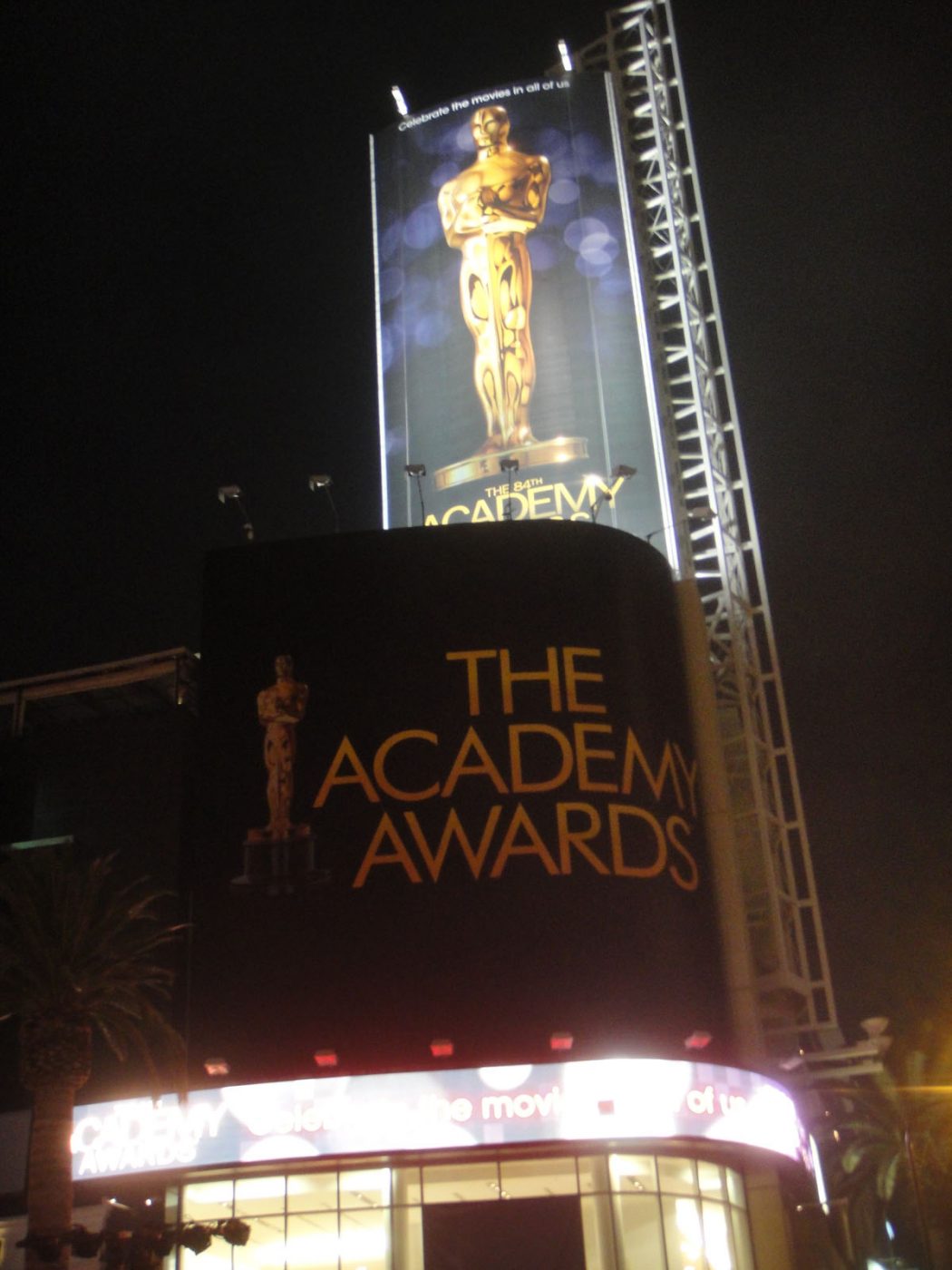Prepare your social media newsfeeds to be overrun with reactions to the 2018 Oscar Nominations. Awards shows were created to reward the best of the best, but unfortunately that rarely happens. The issues of voting systems, politics, and ongoing debates on relevance are all poisoning the field of awards shows, but they shouldn’t be rendered obsolete. Award shows can be and are beneficial to artists and the general public. Instead of condemning them to die, the public should point out failures and suggest improvements that could help these shows return to their mandate.
Flawed voting systems are inevitable for awards shows because the arts are inherently subjective. The voting system must find a balance between public opinion and the required talent. This then becomes a question not of how a voting academy should be set up, but of whom the academy should consist. An academy of professionals within the industry is elite. But when an academy consists of a dominant subset of the population, historically white men, they tend to reward art that portrays experiences they can relate to, which is usually created by people who look like them. This leads to an underrepresentation of minority populations, and the issue of gatekeepers. The lack of women and minorities in writing and directorial roles, positions with the power to produce stories that reflect them, is a precursor to the lack of awards given out to these artists.
However, leaving the voting to the public turns into a popularity contest based on most sales, with the same issue of majority rule. That leaves The People’s Choice Awards and American Music Awards integrally illegitimate in deciding movie, television and music winners. Ultimately, professionals have the abilities and knowledge required to properly recognize the greatest artists, films, and artistic expressions. There needs to be a recognition of the value of diversity in art that goes along with their choices.
Less than 12% of those recognized for their work by the Academy are minorities
While “the Big Three” (the Oscars, Grammys, and Emmys) maintain academies of industry professionals that meet mandated requirements, obviously this hardly makes them immune to drastic mistakes. Grammy snubs are one of the more publicized scandals, with dozens of household names such as Tupac Shakur or The Velvet Underground never having received one at all. To give an example of how late The Grammys are to the game, Neil Young won his first Grammy in 2009. And Young isn’t the only artist to be monumentally underappreciated by the Academy. I could write wholly on the 2015 Grammys’ disregard for Beyoncé’s album Lemonade, but that’s another article for another day.
Looking at their system, it’s clear why the Grammys almost always get it wrong. The awards themselves were created by record company executives who base musical success on charts and profits. Academy members who vote to award artists are encouraged, but not required, to vote in categories of their own expertise. Further, all academy members are eligible to vote for ‘the big four’ categories such as Record of the Year or Album of the Year, which ultimately turns the decision into a popularity contest. So while having a professional voting base is superior, the voting abilities of the academy must be limited to ensure truly accurate results.
Another flaw of voting systems stems from the political campaigning associated with the Academy Awards. Guerilla campaigning tactics are practiced by movie studios and actors as they promote their work to the Academy. In one of the more well-known instances, Anne Hathaway continues to face criticism for her rehearsed acceptance speech even five years later. After winning Best Supporting Actress for her role as Fantine in Les Miserables, the actress was criticized for her forged sense of surprise in her acceptance speech, when it was widely known that she had executed a relentless Oscar campaign. These campaigns call into question the merit of the Oscar – how much of the statue was earned through talent, and how much was won through politics? Thankfully, this aspect is being addressed by the Academy, as they enforce stricter regulations for campaigning, with a one-year suspension of membership as a penalty for violations.
There needs to be a recognition of the value of diversity in art that goes along with their choices
Award show opponents also complain about the political speeches by celebrities, commonly described as misinformed and inappropriate. While it is true that the work of changing politics and injustices won’t happen on a stage, bringing together industry leaders in front of an enormous audience can kick start a conversation outside the entertainment industry’s boundaries. The current spotlight on survivors speaking out about their sexual abusers, which began with the accumulation of accusations against ex-Academy member Harvey Weinstein, is an example of how one influential speaker can create a movement. Allowing artists a chance to point out problems, offer solutions, and galvanize the public is incredibly important and powerful.
This year’s Golden Globes was a rare and refreshing event where the winners actually mattered less than what was said. Discussions on racism, bullying, sexual harassment, and sexism were the golden topics of the night. The red carpet was one of the only glimmers of colour, as attendees both male and female opted to wear black in response to the Time’s Up movement and their call for solidarity with survivors of sexual assault. They set a tone for the other awards shows in the year ahead, and many are intrigued to see how successive shows will carry on the conversation.
An overwhelming opinion on the present state of awards shows is that they don’t matter at all and should therefore be eliminated. That’s the opposite of what needs to happen. They still provide a massive platform for recognizing excellence in the arts. Being able to slap “Nominated for Best Picture” on a movie poster may increase sales by tens of millions of dollars. A study done by Stern School of Business at New York University found that nominations can lead to a 30% boost in ticket sales. Record sales go up when a musician receives a Grammy. Ratings increase for shows given an Emmy. An unquestionable and tangible commercial gain is bestowed to a film, show or album that receives even just a nomination. For an up-and-coming artist, these recognitions can be career-defining moments in addition to a source of income.
This year’s Golden Globes was a rare and refreshing event where the winners actually mattered less than what was said
Awards shows still matter. Even if you believe the Oscars are flawed beyond repair, you should use the power of your viewership to have your voice heard. In 2017, after the #OscarsSoWhite outrage of 2016, only 32.9 million people tuned in, a remarkable 4% drop from the year prior. But there were also signs of progress, such as the record nomination of six black actors. Without the audience’s voices, the academies win; otherwise why would the Academy spend money to change? They’ll continue to stagnate, knowing they won’t be held accountable for their standards.
Force the Oscars to work towards representing you and your experiences. Less than 12% of those recognized for their work by the Academy are minorities, and that is not okay. Award shows have the potential to be a champion of representation in the entertainment industry, especially for those whose work may otherwise be overlooked. For decades, we’ve been expected to blindly believe that the Academy’s choices have represented the finest of the industry. Rather than dismissing the entire concept as a whole, we need to demand that the awards associations listen, and have our determined voices overcome the ignorant applause.








